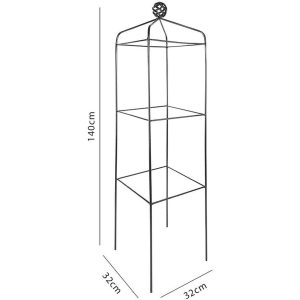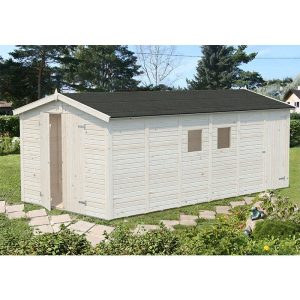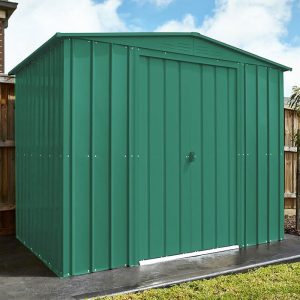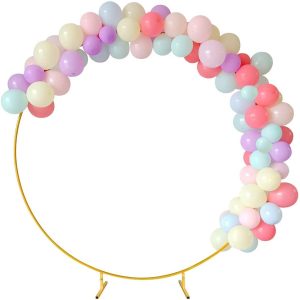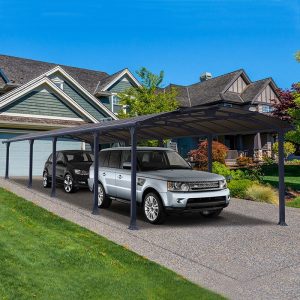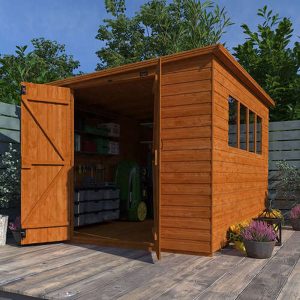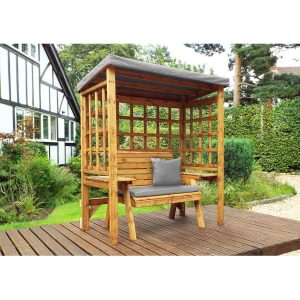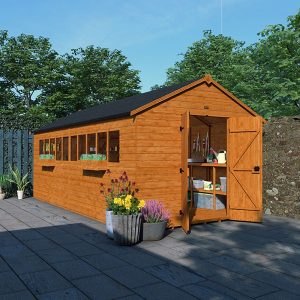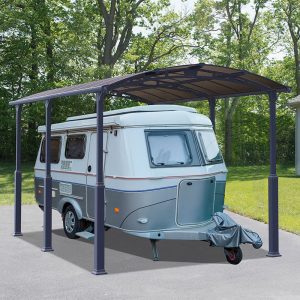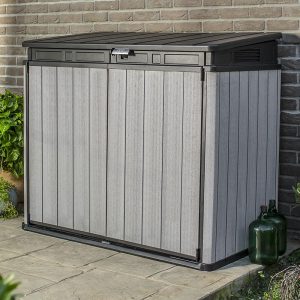Have you ever faced a dilemma due to excessive clutter at your residence with no suitable place for storage? Our patio box will prove to be a solution to this issue. With a storage capacity of 400 liters, this unit offers an excellent organization solution to accommodate daily essentials in a tidy and systematic manner, such as pillows, yard implements, and swimming pool accouterments, and more. Additionally, this storage chest can double as added seating for a pair of youngsters. Crafted from fade-resistant resin material, this storage bin assures remarkable sturdiness and enduring operational efficiency. For enhanced user convenience, the pre-fitted bands facilitate swift item retrieval, while the lateral grips simplify relocation from one location to another. Furthermore, the inclusion of a lockable mechanism significantly boosts its overall security aspect.








